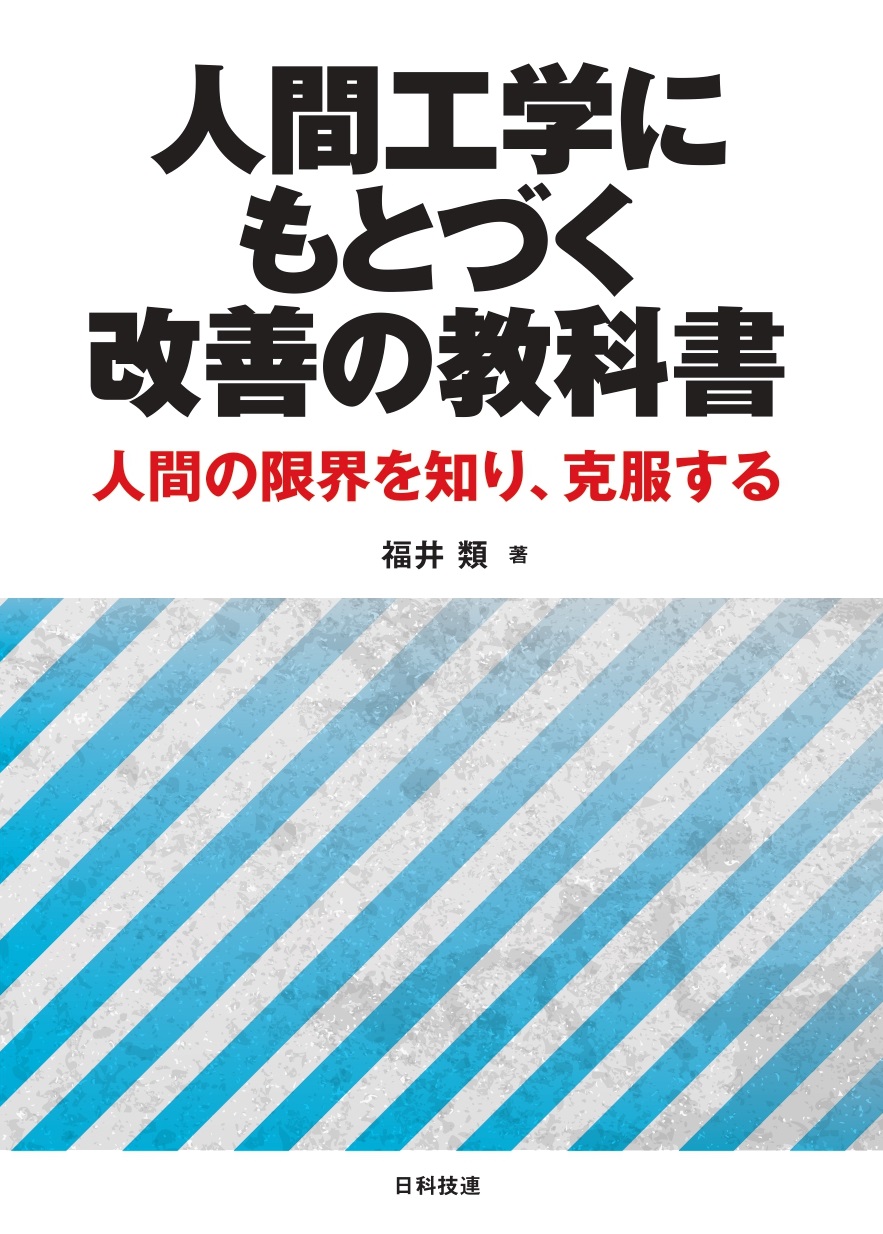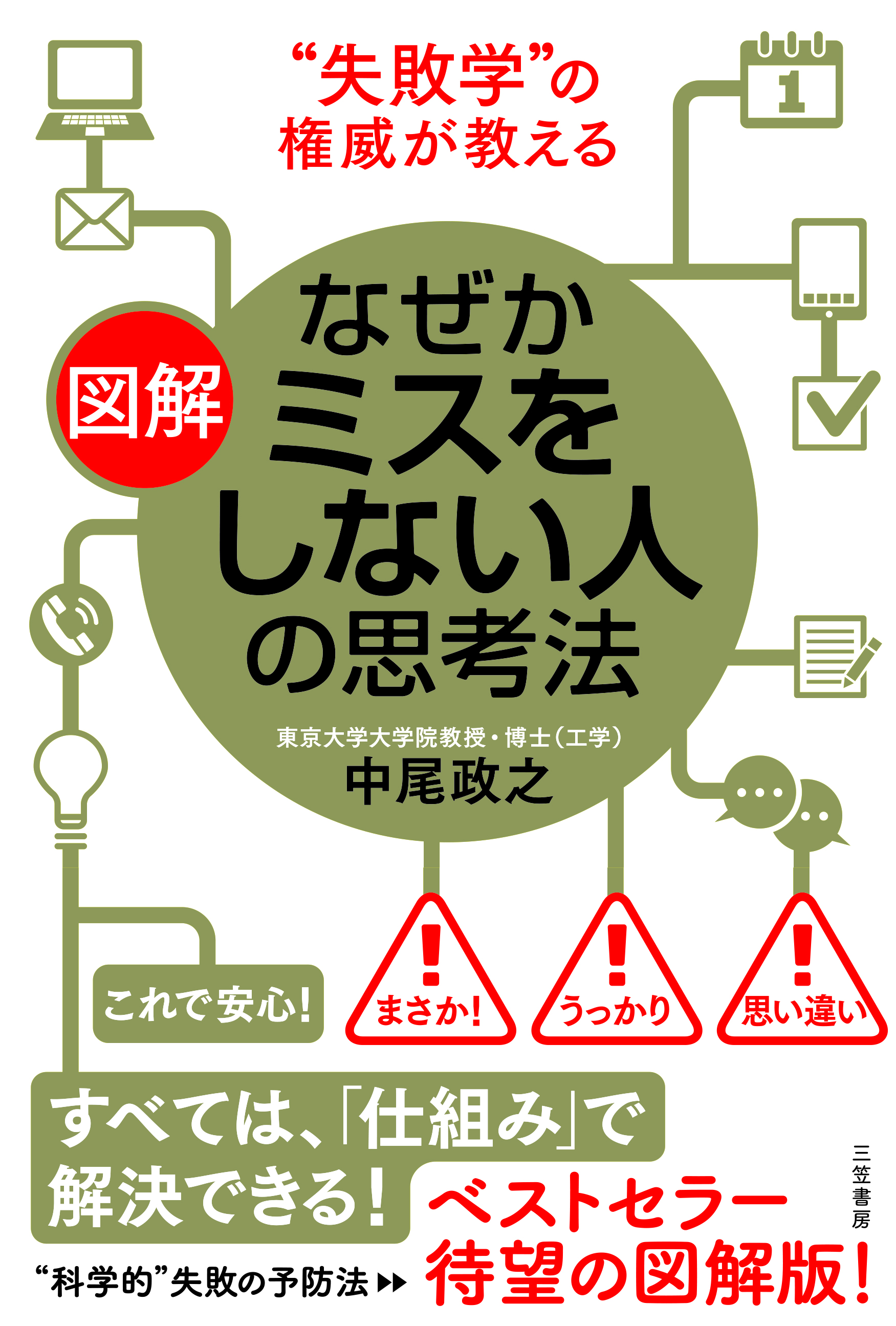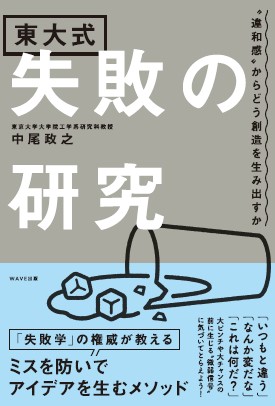
Title
Ningen-Kohgaku ni motoduku Kaizen no Kyokasyo (Introduction to KAIZEN based on Human-factors: To understand the limitations of human and overcome those limitations)
Size
176 pages, A5 format
Language
Japanese
Released
October, 2021
ISBN
978-4-8171-9741-2
Published by
JUSE Press, Ltd.
Book Info
See Book Availability at Library
Japanese Page
This book is recommended to the people who grapple with thoughts such as:
-- I always make mistakes, so I want to do something about it!
-- I want to improve work efficiency!
-- I can't convey what I want to say to the other person
-- What are "human factors”?
-- I was asked to improve something, but how should I do that?
The author of this book is a university faculty member who conducts research and education on Robotics. Many people may have wondered:
“Why did a university faculty member who specializes in Robotics write a book about KAIZEN?
And why human factors?”
In fact, current university faculty members are not only experts in specific academic fields, but also managers who control and optimize the limited resources (people, places, equipment, money). We need to build a system to smoothly operate a laboratory and improve the system everyday. Such improvement activities are called KAIZEN in Japan.
Unfortunately, many high schools and universities do not teach us about KAIZEN activities. In the first place, KAIZEN has not yet been established as an academic discipline. To make matters worse, even private companies that ask employees to conduct daily KAIZEN provide little education on “how to proceed with KAIZEN activities.”
Therefore, this book discusses KAIZEN from the perspective of a scientist (and an engineer) who are trying to spread the knowledge of the academic discipline of human factors, and also from the perspective of a manager who is trying to smoothly manage his own laboratory.
Now, the other question, “Why does a Robotics researcher focus on human factors?” must be answered.
There are barriers that must be overcome for robots to be widely accepted by society. That is, robots must surpass human efficiencies. In other words, if robots do not work at the same or superior speed, quality, and economy as humans do, the value of robots will be underestimated. Therefore, it is very important for Robotics researchers and robots to understand the concept of “human”. We should know the competition. We, Robotics researchers, can find out what robots can do better by knowing what humans can't do well. This will enable robots to find places where they can play an active role in fields where humans are not efficient, even if it is impossible for robots to surpass humans in all fields.
I believe that “KAIZEN based on human factors” created by adding the academic knowledge of human factors (and Robotics) to KAIZEN activities can be a very powerful tool for workers and students worldwide. Please take a look at this book once.
(Written by FUKUI Rui, Associate Professor, Graduate School of Frontier Sciences, School of Engineering / 2022)
Related Info
http://www.lhei.k.u-tokyo.ac.jp/
My personal web page
http://www.ra-laboratory.com/r/index.html



 Find a book
Find a book



